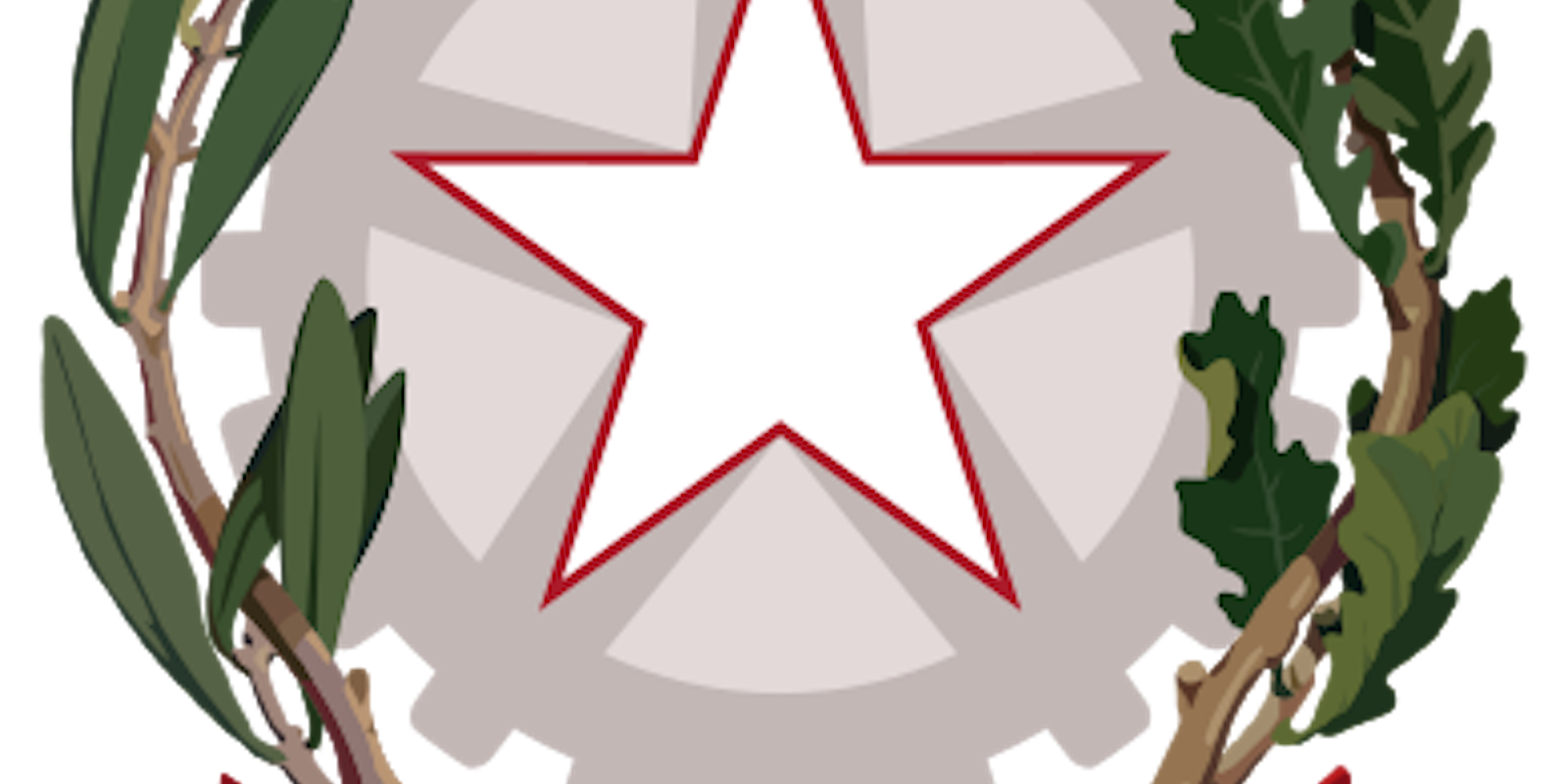The Italian version of Wikipedia may be shut down to protest a law under debate in the Parliament of Italy that would give individuals extraordinary power in protecting their own name online.
“The very pillars on which Wikipedia has been built – neutrality, freedom, and verifiability of its contents – are likely to be heavily compromised,” the volunteer-run online encyclopedia said in a statement.
The legislation, a single paragraph of a 62-page document roughly translated to “Rules of Wiretapping,” would give individuals the right to request corrections to any story published about them online.
Media organizations would be required to comply within 48 hours. The law would not require a neutral third party to adjudicate. The Parliament of Italy began debating the proposal on Wednesday.
The law would, coincidentally, help protect people like Italian Prime Minister Silvio Berlusconi, who’s been embroiled in intense legal battles stemming, in part, from wiretapped recordings of his phone calls.
As the Italian Wikipedia explains:
“Anyone who feels offended by any content published on a blog, an online newspaper and, most likely, even on Wikipedia would have the right for a statement (“correction”) to be shown, unaltered, on the page, aimed to contradict and disprove the allegedly harmful contents, regardless of the truthfulness of the information deemed as offensive, and its sources.”
The Wikimedia Foundation, which runs Wikipedia, issued a statement supporting its Italian branch:
“This bill would hinder the work of projects like Wikipedia: open, volunteer-driven, and collaborative spaces dedicated to sharing high-quality knowledge, not to mention the ability for all users of the internet to engage in democratic, free speech opportunities.”
The standoff shows just how fragile open Web communities can be — and just how much they depend on the protection of good legislation.
All it takes is one paragraph to shut them down completely.


